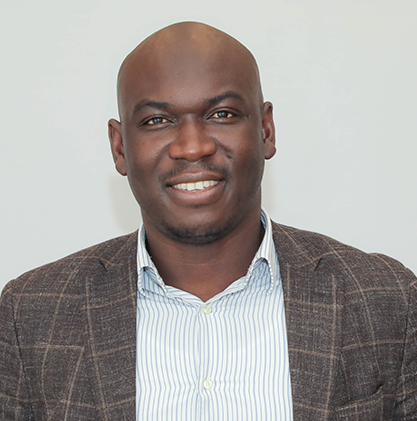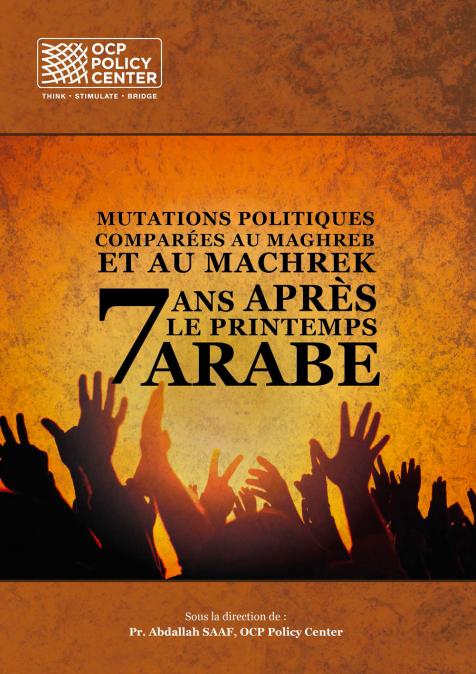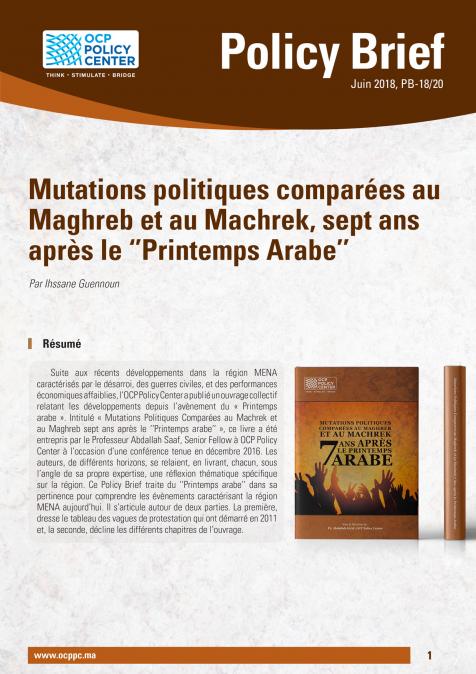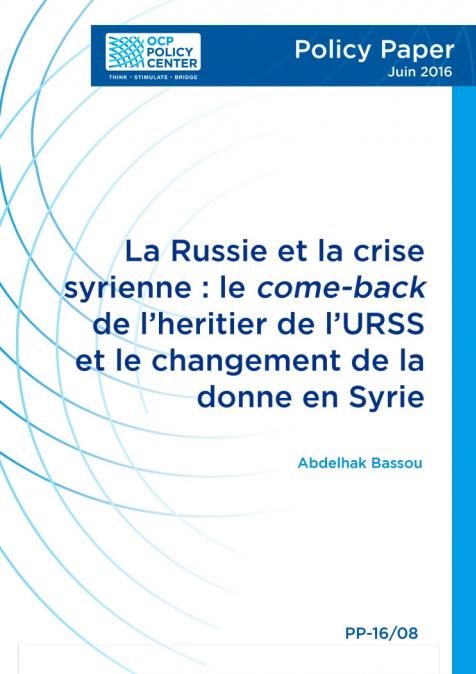Gaza : Une Nouvelle Ère ? Analyse de la Résolution 2728 du Conseil de Sécurité de l’ONU
Dans cet épisode, nos experts analysent la résolution 2728 du Conseil de sécurité de l’ONU, après plus de cinq mois de conflit, exigeant un cessez-le-feu immédiat dans la bande de Gaza pendant le Ramadan et la libération inconditionnelle des détenus par le Hamas. Trois questions centrales guident notre discussion : Premièrement, quelles motivations derrière l’abstention des Etats Unis ? Deuxièmement, quelle est l'efficacité juridique des résolutions du Conseil de sécurité, en particulier quand elles sont déclarées "non contraignantes" par certains États ? Enfin, comment cette résolution peut-elle influencer le cours du conflit : est-elle une avancée vers une solution durable ou simplement un geste symbolique ? Nous analyserons également si cette initiative peut modifier les obligations des parties en conflit et si elle représente un Momentum concernant la cause palestinienne.











